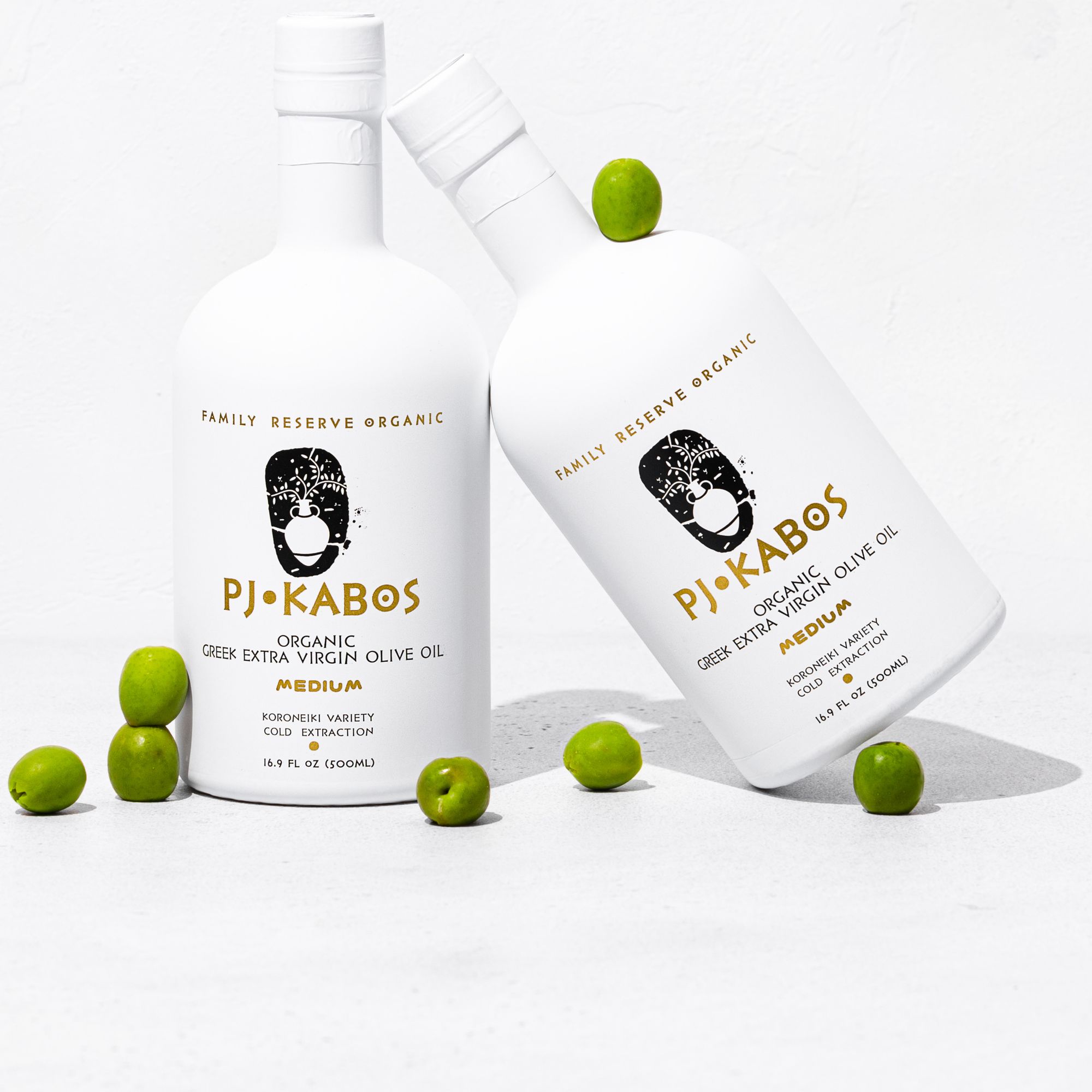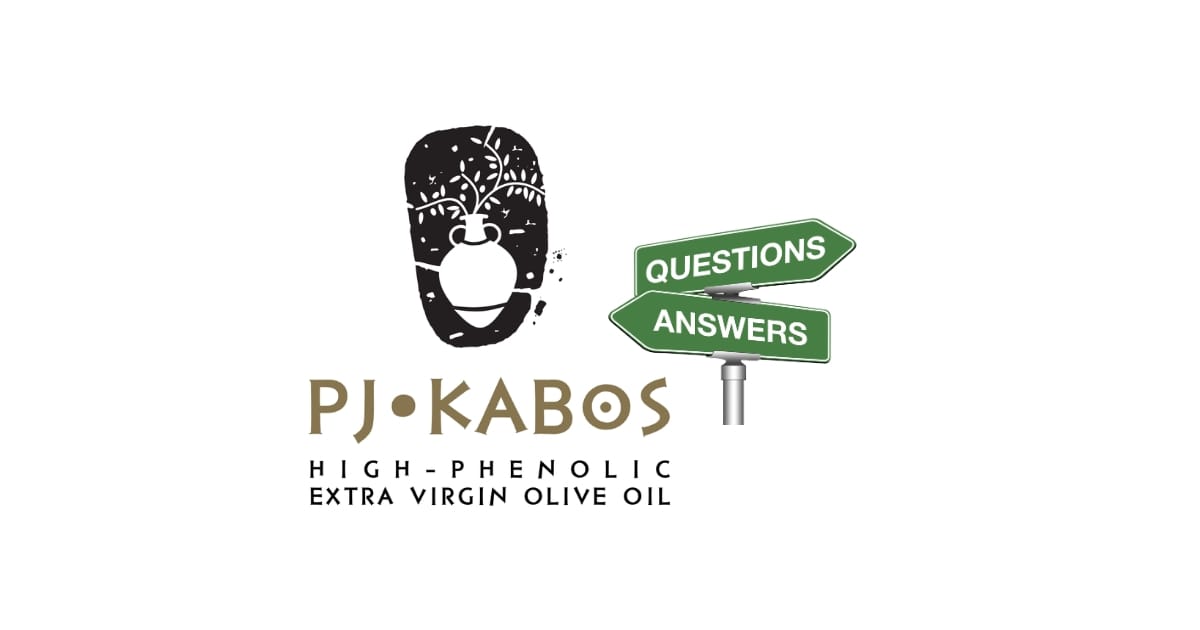If you’re seeking a healthier way of eating, you might have come across these two popular plans: the Mediterranean diet and the Paleo diet. Maybe you have friends raving about them. Maybe you see them popping up on social media, or gracing covers at your local bookstore.
But how do they compare? Both popular diets claim to have health benefits, including weight loss. Which is more sustainable? Which, if any, is right for you? In this story, we size up the Mediterranean and Paleo diets.
What is the Mediterranean diet?
The Mediterranean diet is based on the cuisine and style of eating of people from the Mediterranean region. This is based on the belief – now backed up by research – that people in Mediterranean countries are relatively healthy.
While people have been eating this way for centuries, of course, the popular diet plan as we know it gained acclaim in the 1960s. At this time, researchers observed that people in countries that border the Mediterranean Sea, like Greece, Croatia, and Italy, have fewer deaths by heart disease than in the United States and northern Europe.
According to the Mayo Clinic, studies suggested that the Mediterranean diet does reduce a person’s risk for cardiovascular diseases.
What can you eat on a Mediterranean diet?
While there is not one single definition of the Mediterranean diet, there are some general principles. Here are the most essential elements of the diet.
- The Mediterranean diet is high in vegetables, fruits, whole grains, nuts, seeds, and healthy fats, like olive oil.
- Olive oil is an essential component of the Mediterranean diet. Olive oil contains healthy monounsaturated fats, which have been shown to lower total cholesterol and bad cholesterol, or LDL. (Read more about the bioactive compounds in olive oil here.)
- Fish is another important part of the diet. Fatty fish, including salmon, lake trout, herring, and sardines, have high levels of omega-3 fatty acids, which may decrease the risk of stroke or heart failure. Eat fish at least twice a week.
- Poultry and eggs can be consumed.
- Dairy can be consumed in small portions.
- Red wine is allowed in moderation.
Here’s a sample meal plan on the Mediterranean diet:
Breakfast: Omelet with fresh herbs and vegetables
Snack: A handful of almonds or pistachios
Lunch: Lentil salad with lots of veggies and an olive oil-based vinaigrette
Snack: Hummus and veggies or a small bowl of olives
Dinner: Roasted fish and vegetables with an arugula salad with a glass of red wine
Dessert: Greek yogurt with fruit and a drizzle of honey
What foods do you avoid on a Mediterranean diet?
- An important component of the Mediterranean diet is avoiding processed foods. You should be eating mainly whole foods and mostly plants. Your dinner should be primarily colorful vegetables, with meat (such as chicken) as a side dish.
- Red meat should be avoided.
- Leave refined oils like canola and vegetable oil out of your diet. Instead, opt for healthy EVOO or virgin olive oil.
- Refined grains, like white pasta, white bread, and pizza dough.
- Skip excessive amounts of dairy. A small amount of cheese or Greek yogurt is allowed.
- Sugary desserts should also be avoided.
What is the Paleo diet?
The Paleo diet, also known as the caveman diet, is based on a far older American eating pattern: the way ancient humans might have eaten in the Paleolithic era, approximately 2.5 million to 10,000 years ago.
This concept of this diet is a return to the way humans were meant to eat. In this thinking, the human body was built to thrive on the hunter/gatherer way of eating. Modern farming has quickly changed the way people eat, making grains, dairy, and legumes staples in our diet.
According to the Paleo diet’s discordance hypothesis, our farming practices have outpaced evolution and our bodies haven’t been able to catch up. Proponents believe that this has “discordance” has led to today’s problems of obesity and heart disease.
What can you eat on the Paleo diet?
Here’s what you can eat on the Paleo diet.
- The Paleo diet features cuts of meat, including beef, pork, and poultry. Ideally these will be organic or free-range meats.
- Game meats are also included, like venison and bison.
- A limited number of eggs is allowed. Everyday Health cites no more than six per week. Ideally these are also free-range.
- All fish and shellfish are fair game.
- Fruit is a-okay, including melons, apples, citrus, berries, and dates (which are often used to make Paleo-friendly desserts).
- Vegetables like leafy greens, carrots, broccoli, cauliflower, mushrooms, peppers, squash, pickles, etc. Vegetables are mostly fair game, just avoid the starchy ones like potatoes and corn.
- Nuts and seeds are allowed (not including peanuts, which are a legume).
- Include moderate amounts of olive oil, flaxseed oil, walnut oil, or avocado oil.
Here’s a sample meal plan of healthy eating habits on the Paleo diet:
Breakfast: Scrambled eggs and smoked salmon
Snack: Apple with almond butter
Lunch: Leafy salad with chicken, nuts, colorful veggies and a balsamic and olive oil vinaigrette
Snack: A hard-boiled egg
Dinner: Roasted fish or chicken with broccoli
Dessert: Paleo chocolate pudding with coconut cream, cacao powder, maple syrup, and vanilla extract
What foods do you avoid on the Paleo diet?
- Foods that were not available to humans during the Paleolithic era should be avoided. (That’s an easy way to knock out all processed foods!)
- All dairy should be avoided.
- Skip cereal grains like wheat, barley, rice, and rye.
- Legumes, including beans, lentils, peanuts, and peas, are off limits.
- Starchy vegetables like potatoes and sweet potatoes should be avoided.
- Skip added sugar and honey.
- Processed meats, like bacon and deli meats, should not be eaten on the Paleo diet.
Mediterranean Diet vs Paleo: How are they similar?
As you can see, there are a number of similarities between the two diet plans. There are some key differences, too. Here, we compare the Mediterranean and Paleo diets to see where they align and where they differ.
Avoiding processed foods
According to the U.S. Department of Agriculture (USDA), processed food is any food that has gone a change from its natural state. That means any cleaning, cutting, pasteurizing, freezing, canning, etc. By that definition, of course, not all processed food is bad for you.
Both the Mediterranean and Paleo diets avoid heavily processed foods, like bacon, potato chips, packaged ramen, sugary desserts, sodas, etc. Many health professionals agree that these foods should be avoided, as they contain hidden sodium, sugars, fats, and preservatives.
Eating lots of fruits and veggies
In both diets, eating more fruits and veggies are encouraged. The Paleo diet, however, does not permit starchy vegetables, like potatoes and corn. The Mediterranean diet does include potatoes in moderation. While potatoes do contain more starch and carbohydrates, they also contain healthy vitamins and minerals like potassium and Vitamin C.
Opting for olive oil
The Mediterranean and the Paleo diet both include olive oil, as it has healthy fats that promote cardiovascular health, cognitive health, cancer prevention, and more. (Read more about the science-backed health benefits of olive oil here.)
On the Paleo diet, healthy oils are allowed but more limited. Olive oil is on the list of approved oils, along with coconut oil and walnut oil. On the Mediterranean diet, however, olive oil is an essential element that is encouraged.
What are the health benefits of a Mediterranean diet?
As cited in the Harvard Medical School blog, studies have convincingly shown that the Mediterranean diet has measurable health benefits. Here are some of the benefits.
- Reducing the risk of heart attack, stroke, and premature death
- Can help lower cholesterol
- Weight loss
- Improve rheumatoid arthritis
- Reduce the risk of coming down with Alzheimer’s disease, diabetes, and various types of cancer
What are the health benefits of a Paleo diet?
According to the Mayo Clinic, there have been a number of clinical trials that tested the Paleo diet vs the Mediterranean diet and other diets. When compared with a diet that includes fruits, legumes, vegetables, lean meats, whole grains, and low-fat dairy products, some benefits were shown. Keep in mind that long-term trials with larger groups have yet to be carried out.
- More weight loss
- Lower triglycerides
- Better glucose tolerance
- Improved blood pressure control
- Better appetite management
The skinny on Mediterranean diet vs Paleo diet
While studies of the Mediterranean diet and the Paleo diet have reported health benefits, there are some key differences to consider.
The Paleo diet has more restrictions than the Mediterranean diet. As such, it may be harder to follow the Paleo diet for the long term. With such strict limits on carbs, cravings may cause you to veer off course. And once you fall off the wagon, it can be hard to get back on.
The Mediterranean diet, however, is more of a lifestyle, with a wider variety of foods that are less restrictive. More than a list of what to eat and what to avoid, the Mediterranean diet values human connection and celebrating food. Lingering over meals with friends and family – perhaps with a glass of red wine in hand – is encouraged.
Sources:
https://www.everydayhealth.com/diet-nutrition/the-paleo-diet.aspx
https://www.paleorunningmomma.com/easy-paleo-vegan-chocolate-pudding/
https://www.healthline.com/health/food-nutrition/processed-foods-to-avoid#types-of-food-processing
https://www.wellandgood.com/mediterranean-lifestyle/
Product placement
PJ KABOS 'Family Reserve Organic - Medium'
High Phenolic and 2022 Gold-Award Winner.
Declared as 'One of the World's Best Olive Oils'.
Click here to shop.





